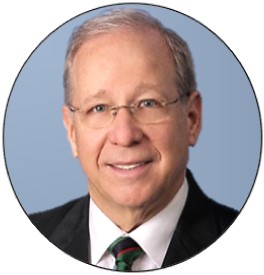Is Our Tax System Fair?
The terms “regressive” and “progressive” refer to who pays relatively more tax than others. A regressive tax causes lower-income people to pay a higher percentage of their incomes than higher-income people. A progressive tax causes higher-income people to pay a higher percentage of their incomes than lower-income people.
For example, the sales tax is considered a regressive tax. Why? As a consumption tax, the tax is relatively higher for lower-income people. Since lower-income people tend to spend more of their earnings on consumables than higher-income people, they will pay more percentage-wise.
On the other hand, the Federal income tax is progressive because the tax brackets increase as income increases. Thus, higher-income people will pay more percentage-wise than lower-income people.
Surprisingly, Social Security is a regressive tax. The Medicaid portion (1.45% for employees and 2.9% for self-employeds) is neither regressive nor progressive because it is imposed on all earned income. However, the Social Security tax (6.2% for employees and 12.4% for self-employeds) is only imposed on earned income up to $117,000. So, employees earning under $117,000 pay a total of 7.65%, but employees earning more than that pay only 1.45% on the higher earnings.
Attempting to not get into politics, I’d like to share some of my thoughts as both a CPA and financial advisor. In my opinion, low income taxpayers need a break. No matter what changes are made to our tax systems, there needs to be no tax on people earning less than poverty level. This is currently not an issue from an income tax standpoint, but it is a huge issue when talking about Social Security. As a tax person, I have seen several cases where taxpayers were disabled or unable to work in full time jobs. Rather than take social assistance (like Welfare or food stamps), these people worked in their own businesses to earn enough money to make ends meet. Unfortunately, at tax time, although no income taxes were due, they were subjected to 15.3% Social Security tax. Because there is no exemption for low income earners, this tax can cause extreme hardship.
Where should the line be drawn between encouraging success without taxing high income earners too much? I can’t say I have the answer to that. I think there needs to be a balance. And, I don’t believe that the AMT accomplishes what it was designed to do: Eliminate unreasonable advantages from tax loopholes. When the primary “loopholes” are state taxes and mortgage interest, the AMT unfairly burdens those people living in states with high income taxes and home prices. Is it fair to require Californians and New Yorkers to pay more tax?
Unfortunately, there are no easy answers. We can’t start from a “clean state” and change everything at once. That would cause economic crisis. However, we can begin to make changes that will move our tax system to one that is more “fair.” What will eventually happen is anyone’s guess!

















